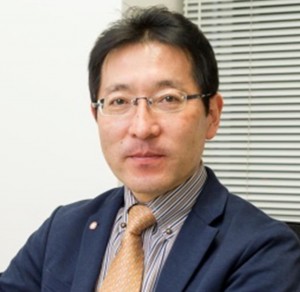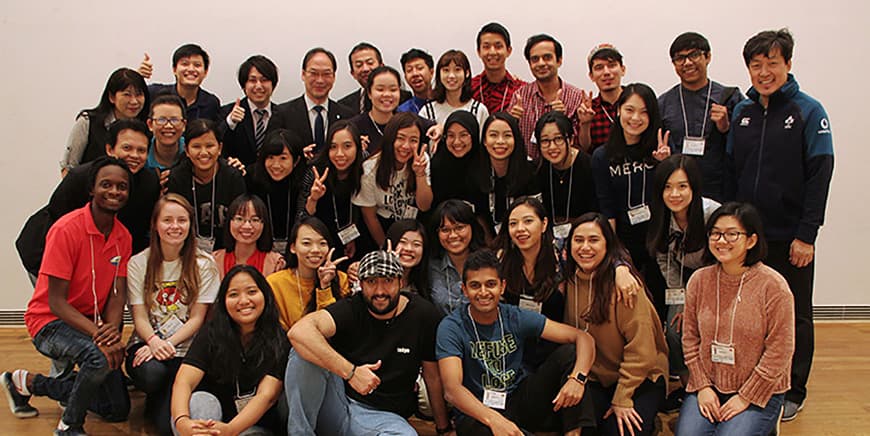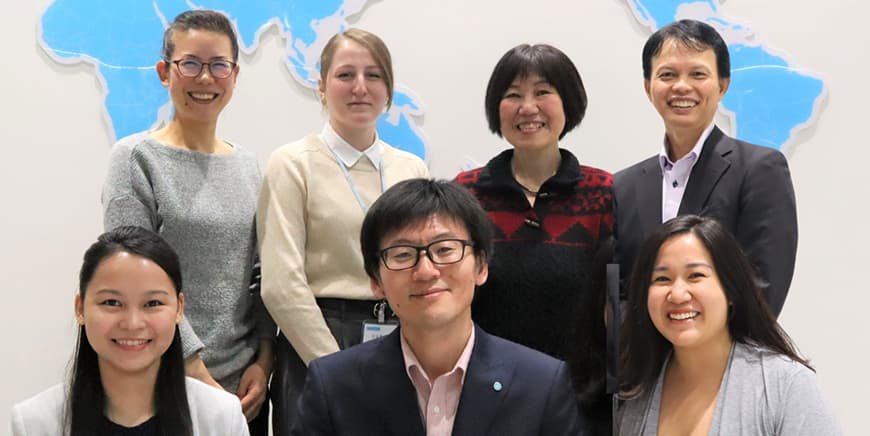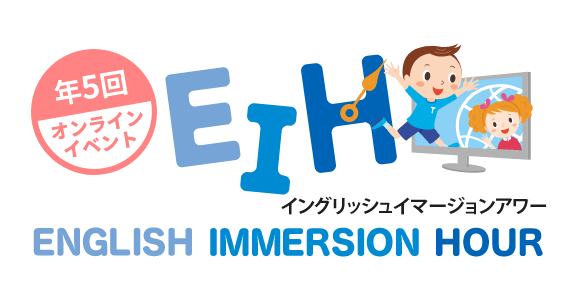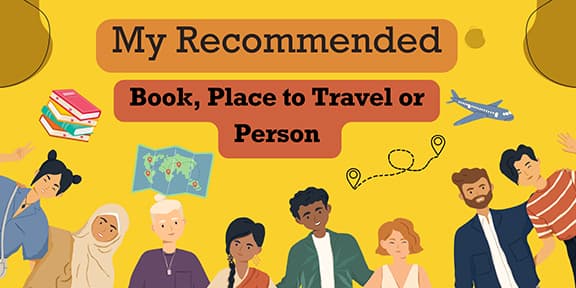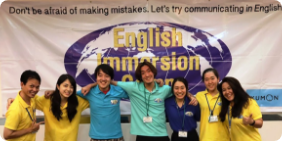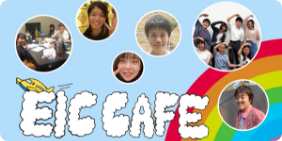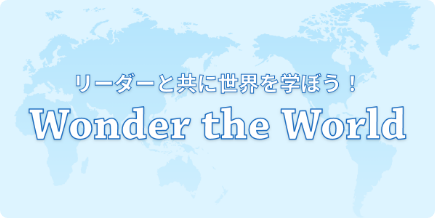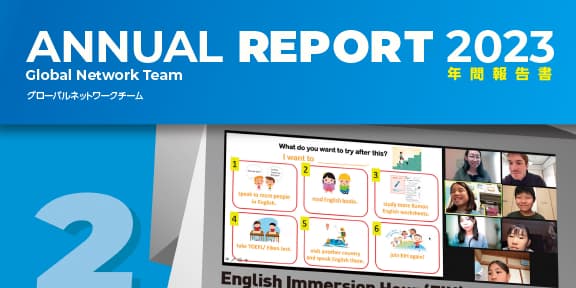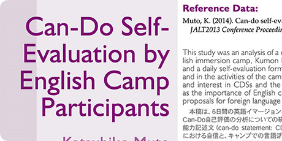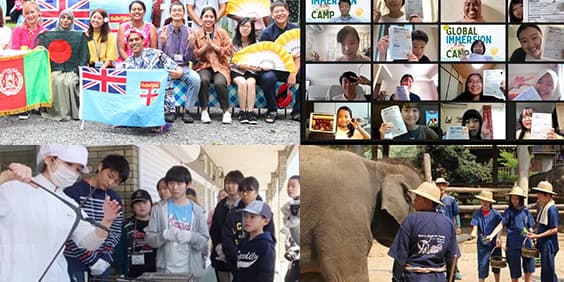Voices of experts
Akihiro Chiba (Former Director of Former Director of ROEAP; former Assistant Director-General for Education, a.i.; former Assistant Director-General, Bureau of Cooperation for Development, UNESCO.):
“I am always impressed with the brightness, genuineness, and vitality of EIC Camp Leaders. It is wonderful that there are young people from many developing countries, especially in Asia, joining as Camp Leaders. I think that Japanese children, who have the chance to live with young people representing such a multicultural society in the camp, are very fortunate. At the camp, they will gain a sense of courage and confidence towards communicating in English. In addition, they will also develop a life skill to understand more about other people through conversations and to expand their circle of friends with many people. This is an important quality that will be required in a global citizen.”
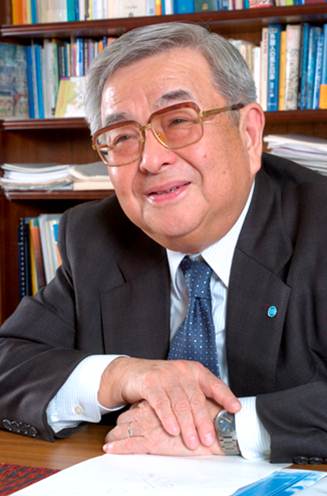
Kensaku Yoshida (Honorary Professor, Sophia University):
“The world, once thought to be tremendously large, has become smaller and smaller thanks to the development of transportation and IT revolution. Now, with the Internet, you can instantly communicate with people anywhere in the world, and you can also send your opinions freely to the world. Therefore, a common language is required and that is English. In this small world, there is no means of communication as important as English in order for everyone to hold hands and live peacefully together. I hope the children of the 21st century will adopt the ability to communicate in English.”
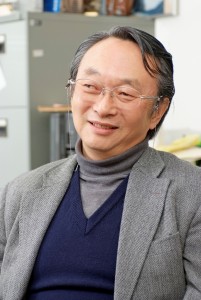
“EIC and EID: Opportunities to put learning into practice by challenging communication in English”
Professor Hideaki Mukago (Head of English Education Development Center, College of International Studies, International Studies Department, Keiai University):
“Considering the current state of school education in Japan, in order to acquire the English proficiency required in the current global society, it is essential to gain experience in communicating in English outside the school at the earliest possible stage of growth. I believe that it is EIC/EID that offers such opportunity and proposes an even more effective method. There are at least three benefits from these activities.
First of all, through the experiences of not being able to express one’s thoughts as well as expected or having misunderstanding in situations in which the conversation is carried out in English, we can reflect on how to express ourselves more correctly and on why misunderstandings happen. This will lead to future growth. It is no exaggeration to say that the number of failures we had relate to how much we improved in our communication skills in English. The more failures you have, the more you learn.
Secondly, you can interact with people from different backgrounds. The global society is also a diverse society. More than just simply accepting people with different cultural backgrounds and values, we also need to be able to learn from each other and work together to solve problems. ‘Everyone is different, and hence, special’ – in Japan, you can only experience that in EIC/EID where there are Camp Leaders from 85 different countries.
The third benefit is to foster tolerance towards ambiguity in communication and a spirit to face risks. English is a foreign language for Japanese, so it is difficult to understand and speak like a native speaker, and you will always struggle with vagueness in both understanding and producing English. However, it is important to connect what you have heard to guess the whole contents, or to try to convey what you want to say using the vocabularies you know. At the same time, the attitude to boldly face the risk will be nurtured from trying to make the most of one’s ability to talk even if it is not perfect instead of staying silent.
To participate in EIC/EID, an environment that is so different from your daily life, you may feel a little anxious. However, beyond that anxiety, there will be irreplaceable and invaluable experience waiting.”
